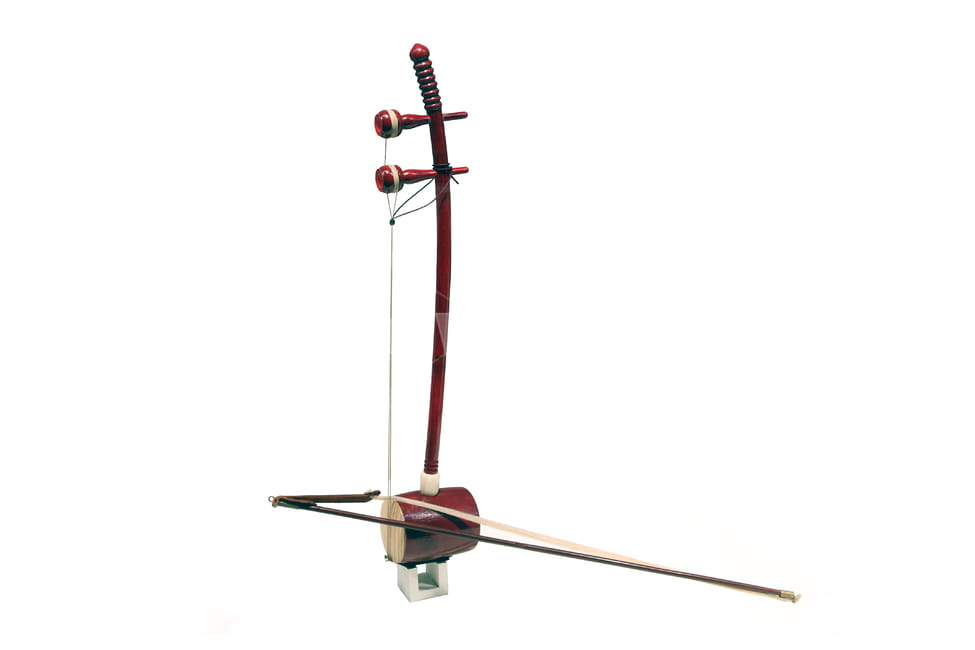Introduction
Practicing writing Hangul is essential for mastering the Korean language. The more you practice, the more comfortable you will become with the characters and their structures. This section will provide you with guidelines and exercises to help you improve your Hangul writing skills.
Guidelines for Writing Hangul
1. **Follow Stroke Order**: Each Hangul character has a specific stroke order, which helps in maintaining the proper structure and legibility of the writing.
2. **Maintain Consistent Size and Spacing**: Keep your characters uniform in size and ensure consistent spacing between syllables for readability.
3. **Use a Grid**: Practicing on a grid paper can help you keep your characters evenly spaced and properly aligned.
Writing Exercises
1. **Basic Characters**
– Start by practicing individual consonants and vowels.
– Write each character multiple times while focusing on the correct stroke order and proportion.
– Examples: ㄱ (g), ㄴ (n), ㅏ (a), ㅓ (eo)
2. **Simple Syllables**
– Combine consonants and vowels to form simple syllables.
– Practice writing each syllable repeatedly.
– Examples: 가 (ga), 나 (na), 다 (da), 라 (ra)
3. **Words and Phrases**
– Once you are comfortable with basic syllables, move on to writing simple words and phrases.
– Pay attention to the correct composition of syllables within each word.
– Examples:
– 단어 (daneo): word
– 한국어 (hangugeo): Korean language
– 감사합니다 (gamsahamnida): thank you
– 안녕하세요 (annyeonghaseyo): hello
4. **Complex Sentences**
– Practice writing full sentences to enhance your fluency and understanding of Korean syntax.
– Examples:
– 저는 학생입니다 (jeoneun haksaengimnida): I am a student.
– 한국어를 공부합니다 (hangugeoreul gongbuhamnida): I study Korean.
– 오늘 날씨가 좋습니다 (oneul nalssiga jotseumnida): The weather is good today.
Additional Tips for Practice
– **Use Writing Sheets**: Utilize Korean writing sheets that provide guidelines for character size and stroke order.
– **Listen and Write**: Listen to Korean audio clips and try to write down what you hear. This practice can help improve your listening skills and reinforce your understanding of Hangul.
– **Consistency**: Set aside regular practice time each day. Consistent practice is key to improving your writing skills.
– **Seek Feedback**: If possible, ask a native Korean speaker or a teacher to review your writing and provide feedback.
Resources for Practice
– **[How to Study Korean](https://www.howtostudykorean.com/)**: Offers comprehensive lessons and exercises for learning Korean, including writing practice.
– **[Talk to Me in Korean](https://talktomeinkorean.com/)**: Provides structured lessons and writing exercises to help you master Hangul.
– **[Duolingo Korean](https://www.duolingo.com/course/ko/en/Learn-Korean)**: An interactive platform to practice Korean writing and other language skills.
